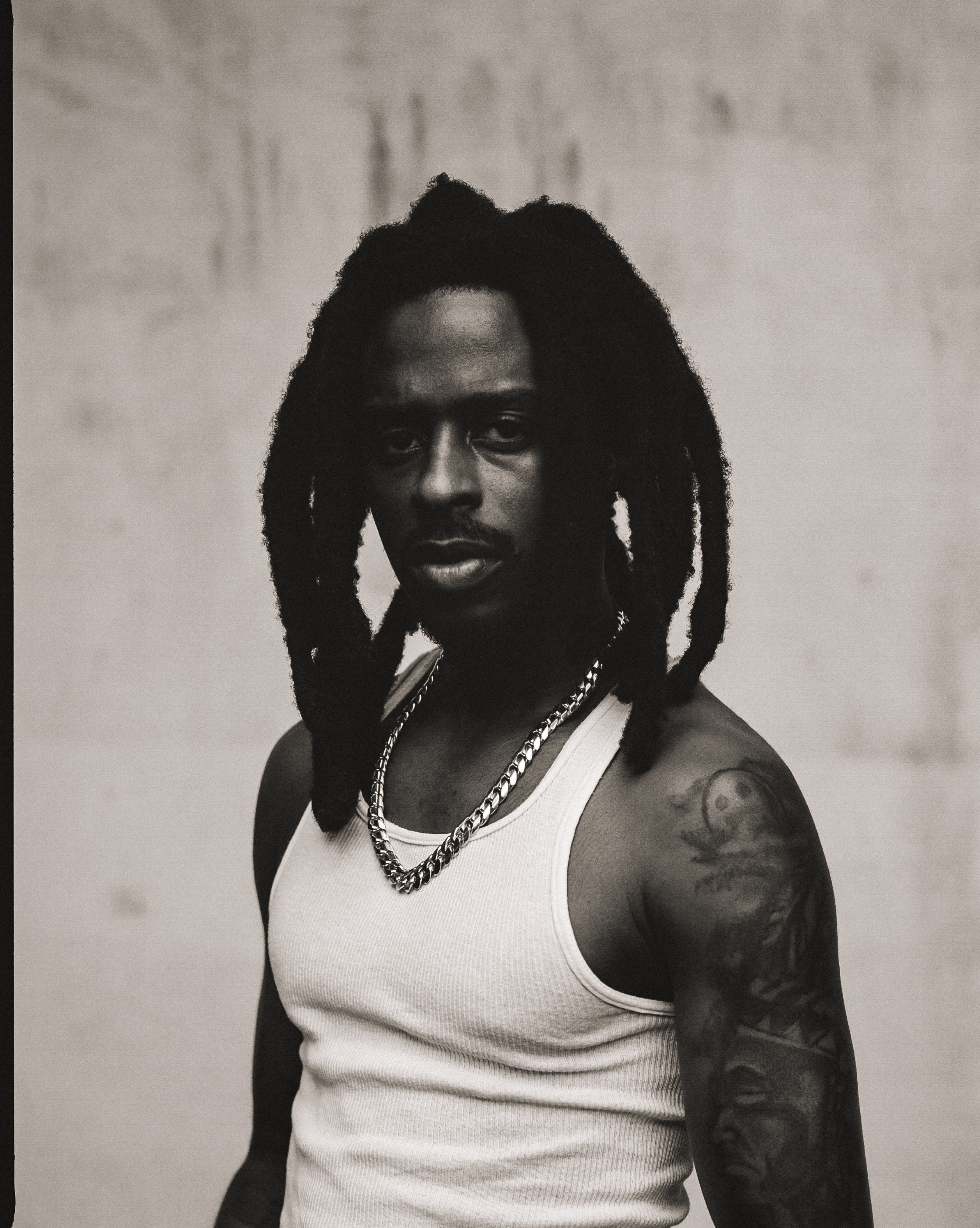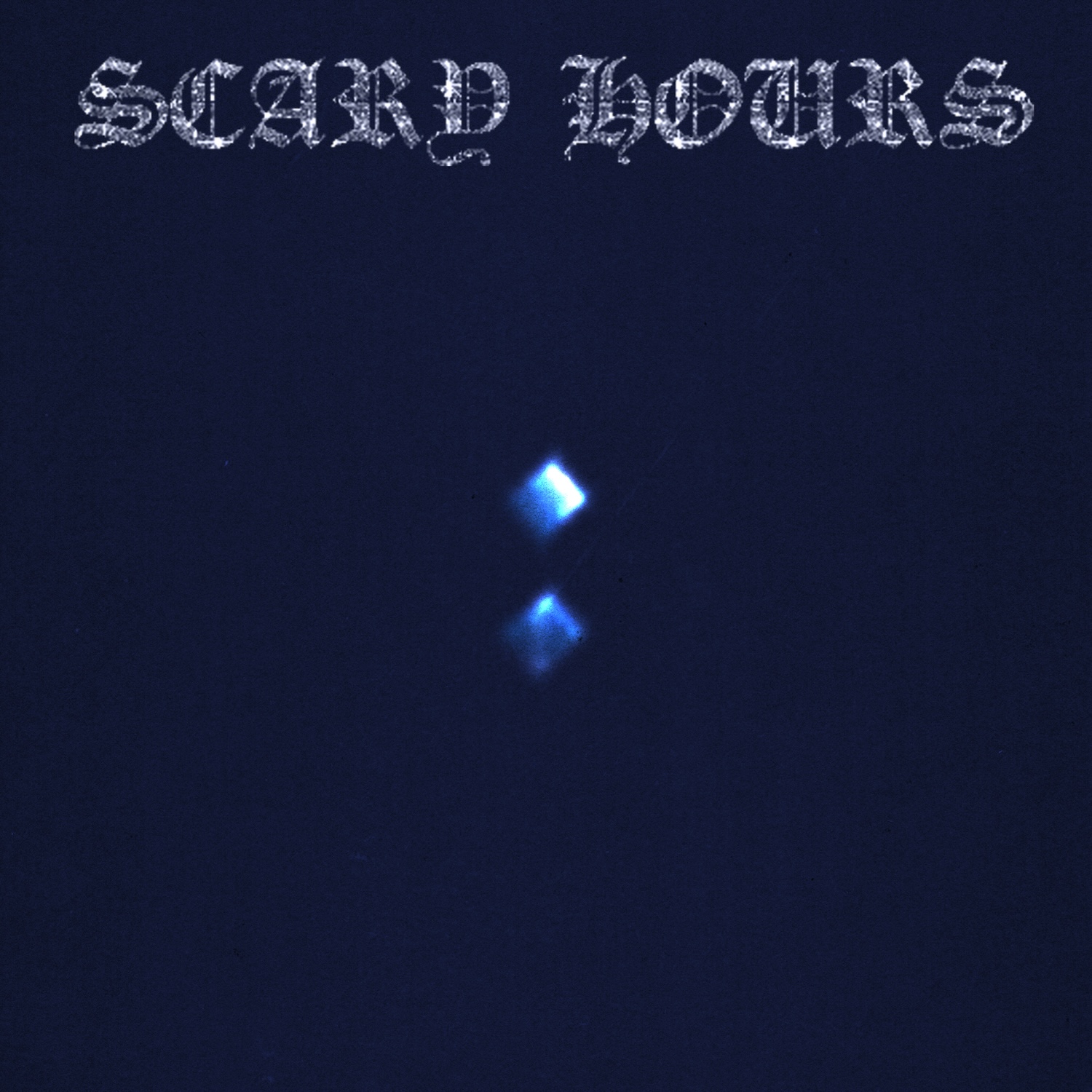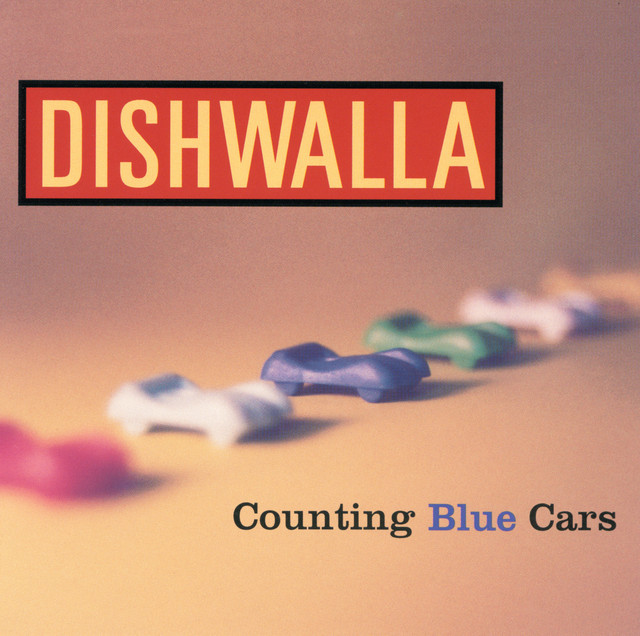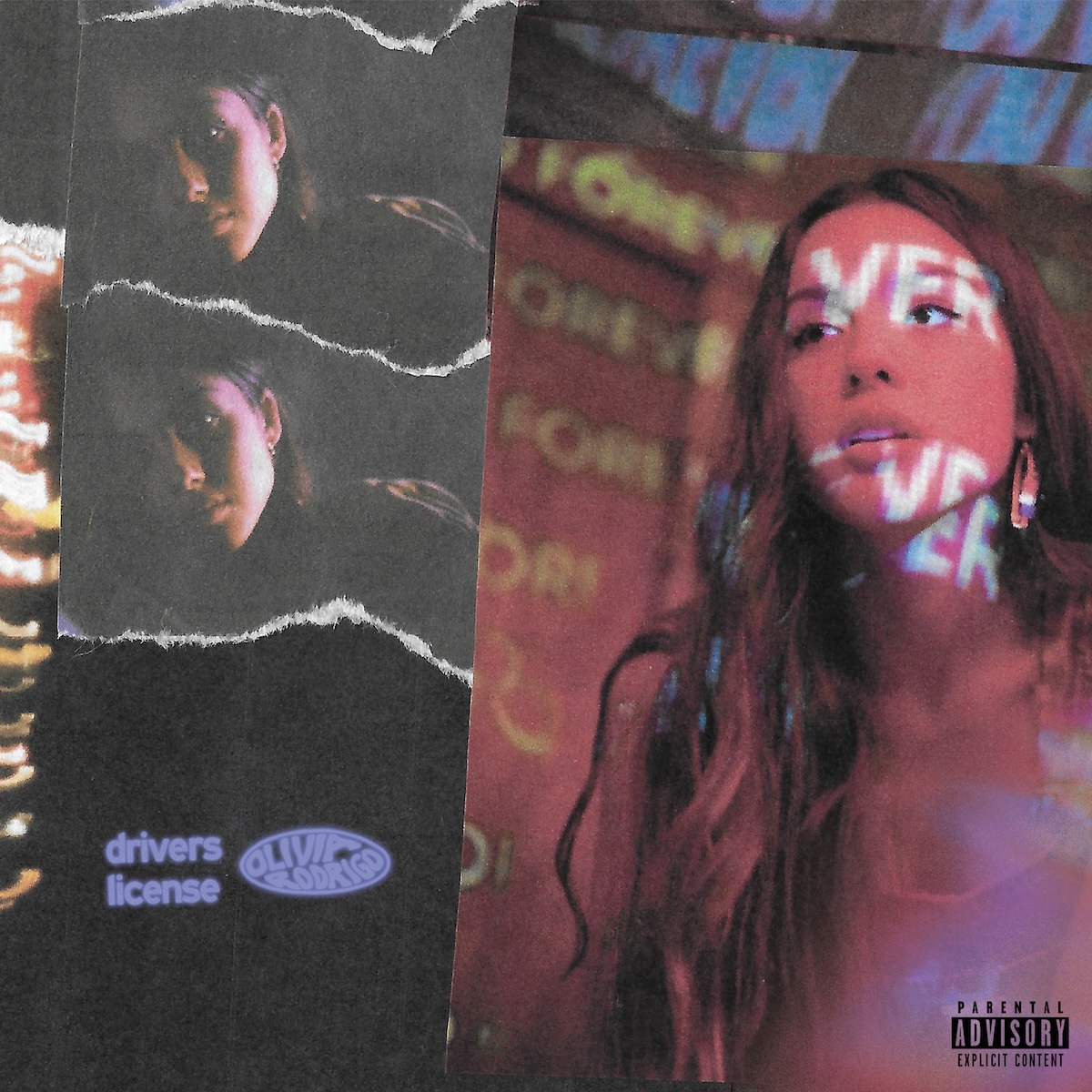In a 1987 Melody Maker review, music critic David Stubbs said that Arthur Russell's World Of Echo was "what is left when the Beat has eaten itself, when the crunch of hip-hop has crunched itself to dust." The album was the only full-length solo effort released by Russell during his lifetime, mainly due to his focus on reworking compositions far removed from the mainstream pop elements he continually referenced. A new exhibition at the Brooklyn Academy Of Music, on display through mid-May, reveals just how deep Russell's eccentricities went -- pulling selections from the countless poems, scores, personal photos, and demos that populate the composer's personal archive, including a photocopy of Stubbs' World Of Echo review. The show is called Do What I Want: Selections From The Arthur Russell Papers; it takes its name from the lyrics of the song "Me For Real" and manages in four words to describe Russell's unambitious approach to making some incredibly ambitious material.
Russell's music defied categorization. Part of that came from his insistence on finding the commonalities between folk, minimalism, disco, and avant-garde pop and connecting the dots with his iridescent cello sounds. Instrumentals, for instance, asked musicians to improvise live on the primary melodic material and asymmetrical time signatures Russell provided. Many of his own works were meditations of a kind, specifically related to his Buddhist beliefs, which cropped up in everything from repeated cloud motifs to the notebook of "parenthetical ideas" he kept that shaped his songs. However, much of his work never emerged beyond the parenthetical. He would join projects only to abandon them, sometimes very literally -- he ended his tenure with experimental new-wave band the Necessaries by jumping out of their tour van outside the Holland Tunnel. Russell's music exploded with potential, but that potential was seldom realized before he passed away due to AIDS complications in 1992. At that point, his legacy was in danger of fading into obscurity.
The one person most determined to make sure that never happens is Russell's longtime partner, Tom Lee. The two met in 1978, and despite Russell's constant infidelity (which he immortalized in his biggest club hit, "Is It All Over My Face?") and eventual decline in health, Lee was Russell's biggest advocate, providing the material that comprises BAM's Do What I Want. Last year, Lee handed everything in Russell's estate over to the New York Public Library for posterity. He's also streamlined the efforts of a handful of venues, labels, and colleagues looking to share Russell's work with a larger audience. Without Lee's attention to detail and his deep personal connection to Russell, those efforts would've been nearly impossible.
A post shared by BAM (@bam_brooklyn) on
Stubbs' review ended with a premonition: "I imagine that, at some point in the future, it will be possible to dance quickly and furiously to World Of Echo, once the rust-marks of the beat-grid have made a sufficiently indelible mark on the folk-memory, enabling the listener to refer to his ancient instincts to know what to do with his feet." While we haven't reached the point yet where Russell's sensibilities permeate the whole of pop music, the world has warmed to some of the more unconventional ideas Russell put forth. That's been thanks in large part to people like Lee as well as organizations like BAM. But perhaps just as crucial are Russell's fans, friends, and disciples. In celebration of this timeless artist, let's look back at some of the people who have been instrumental in keeping his memory alive.
Allen Ginsberg
The infamous Beat poet quite literally kept the lights on in Arthur Russell's East Village apartment by means of an extension cord running from his own unit in the same building. But beyond such basic necessities, Ginsberg was also an important creative partner for Russell. United by their interest in Buddhism, Ginsberg and Russell collaborated throughout the '70s; Russell's band the Flying Hearts provided backing arrangements to Ginsberg's poetry and mantras, as presented on the posthumously released Ballad Of The Lights 12". At a time when many struggled to grasp Russell's work, Ginsberg understood it perfectly, characterizing it as "Buddhist bubblegum." He also encouraged Russell not to shy away from portraying homosexuality in his music.
[videoembed size="full_width" alignment="center"][/videoembed]
Rhys Chatham And The Kitchen
Russell was very close to avant-garde "guitar orchestra" composer Rhys Chatham; they were roommates for a time, and Chatham often played in Russell's musical ensembles. Most importantly, however, was Chatham's recommendation that Russell succeed him as music director of the Kitchen. Established as a non-profit just one year before, Russell served as director of the experimental artists' collective from the autumn of 1974 to the summer of 1975, during which time he conceived Instrumentals and brought it to the Kitchen's stage. Russell also made waves by booking acts -- such as the Modern Lovers, Talking Heads, and Nova'billy -- that defied the "avant-garde establishment" but highlighted more accessible iterations of minimalism.
[videoembed size="full_width" alignment="center"][/videoembed]
[videoembed size="full_width" alignment="center"][/videoembed]
[videoembed size="full_width" alignment="center"][/videoembed]
Larry Levan
By the end of the '70s, Russell had begun to frequent landmarks in New York's vibrant club scene -- places like Paradise Garage and David Mancuso's Loft -- seeking to tap into the kinetic energy of underground disco. Russell wanted to blur the lines between formal composition and dance music, while also expressing more overt sexual themes. Nowhere did this come together more fluidly than "Is It All Over My Face?," which became his biggest hit. He tracked an incredible fourteen reels during a recording session at Blank Tapes that incorporated improvisational percussion and a party chorus in an effort to channel the spontaneous spirit of the scene. But it wasn't until legendary house DJ Larry Levan got ahold of those reels that the song became a smash -- his version included a female vocal, a sly synth line, and smoother, funkier production that exploded in the ballroom drag community. Russell saw virtually no royalties from this, and at the time was working as a courier while also producing a handful of dance singles and the "orchestral disco" that would become 24→24 Music.
[videoembed size="full_width" alignment="center"][/videoembed]
Philip Glass
As another Buddhist composer dabbling in minimalism with a keen ear for pop sounds, Philip Glass made a sympathetic collaborator. Glass was far more established in the scene than Russell, but he used his cachet to recommend Russell for projects like Tower Of Meaning. Originally intended to score Robert Wilson's Medea but shelved when Wilson and Russell's egos clashed, Glass released the material as a stand-alone LP on his Point Music label. Glass planned to put out more of Russell's work, but by then Russell's health had started to decline; he was undergoing chemotherapy for AIDS-related throat cancer while completing songs that would later appear on Another Thought, released posthumously via Point Music in 1994.
[videoembed size="full_width" alignment="center"] [/videoembed]
[videoembed size="full_width" alignment="center"][/videoembed]
Steve Knutson And Audika Records
With Glass having set a precedent for preserving Russell's unreleased work, Steve Knutson took over, founding Audika Records as a vehicle for managing Russell's estate expressly so that the 1,000-plus tapes Russell left behind could be heard. Calling Out Of Context became the label's first Russell compilation in 2004, followed by First Thought Best Thought in 2006, Love Is Overtaking Me in 2008, Corn in 2015, and a handful of singles with various remixes. Knutson has said that many of Russell's recordings will never see the light of day, as they have deteriorated in some cases, or contain unfinished song fragments. But without Audika, very little of Russell's music would be available at all. These thoughtful collections tenderly group Russell's vast catalogue in a way that breaks down his varied approaches, further illustrating Russell's refusal to adhere to any singular genre.
[videoembed size="full_width" alignment="center"][/videoembed]
[videoembed size="full_width" alignment="center"][/videoembed]
[videoembed size="full_width" alignment="center"][/videoembed]
Matt Wolf
In 2005, a young filmmaker named Matt Wolf sent a letter to Tom Lee inquiring about access to Russell's archives. He was hoping to make an experimental biography, thinking it would be looped in a gallery setting. Instead, it became the scintillating 2008 full-length documentary on Russell's life, Wild Combination: A Portrait Of Arthur Russell. Premiering at the Berlin International Film Festival, the IFC Center in New York, and the ICA in London, Wolf's collage-like portrait included archival footage and interviews with friends, family, and collaborators. Their testaments of Russell's life retraced the musician's footprints from Iowa to San Francisco to New York in a revelatory love letter. Not only did it introduce Russell's work to a much broader audience, it finally told his story in a sympathetic manner, taking the puzzle pieces of his songs and fitting them together with dreamlike Super-8 sequences narrated through the memories of those who admired him most.
[videoembed size="full_width" alignment="center"][/videoembed]
Tim Lawrence
While writing his first book, Love Saves The Day: A History Of American Dance Music Culture, 1970-79, Tim Lawrence fell into a rabbit hole of sorts. His research uncovered the indispensable influence of Arthur Russell, and Lawrence began to wonder why the musician hadn't been more widely noted. So, he wrote a follow-up to Love Saves The Day that focused solely on Russell called Hold On To Your Dreams. It was published in 2009, painstakingly researched while Wolf was working concurrently but separately on Wild Combination. The book takes the same path, interviewing dozens of Russell's collaborators and confidants to construct a cohesive narrative around his life and work. Impressed with Russell's integrity, yet frustrated that it kept him from achieving success in his lifetime, Lawrence argues that Russell's legacy lies in his ability to dissolve genre altogether, creating a template for genre-bending that was well ahead of his time.
[videoembed size="full_width" alignment="center"][/videoembed]
Kanye West
The Life Of Pablo frustrated many Kanye critics and fans alike for its amorphous, fragmentary qualities, but West was taking a page straight out of Russell's playbook. Russell was notorious for his failure to complete songs, obsessively reworking them over and over, as his unreleased tapes prove. Pablo's many iterations show West honing his craft in the same way, sharing multiple versions of the album in the weeks leading up to its nebulous final release and sparking speculation that it would never be fully realized. On an ad-lib track called "30 Hours," West looks back on his long-distance relationship with former flame Sumeke Rainey, his musings set to a sample of Russell's "Answers Me" from World Of Echo that introduced hip-hop heads to the 1986 release. Like Russell, West has been known to push past genre boundaries; sampling Russell was a clever way to pay homage to the irreverent -- and brilliant -- vision they both share.
[videoembed size="full_width" alignment="center"][/videoembed]






